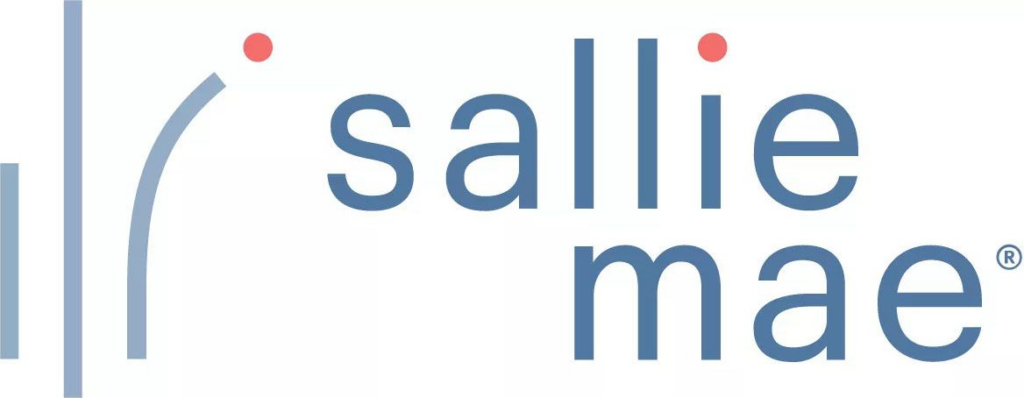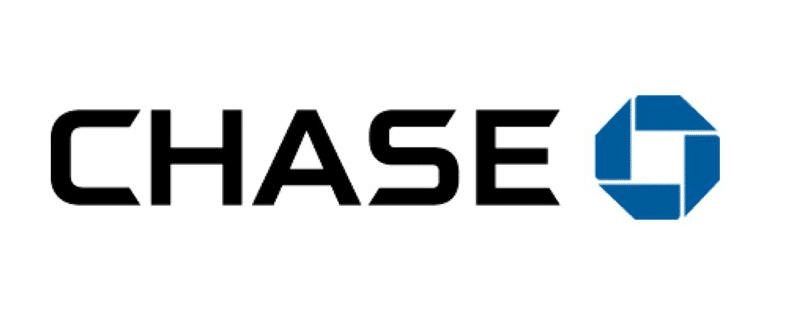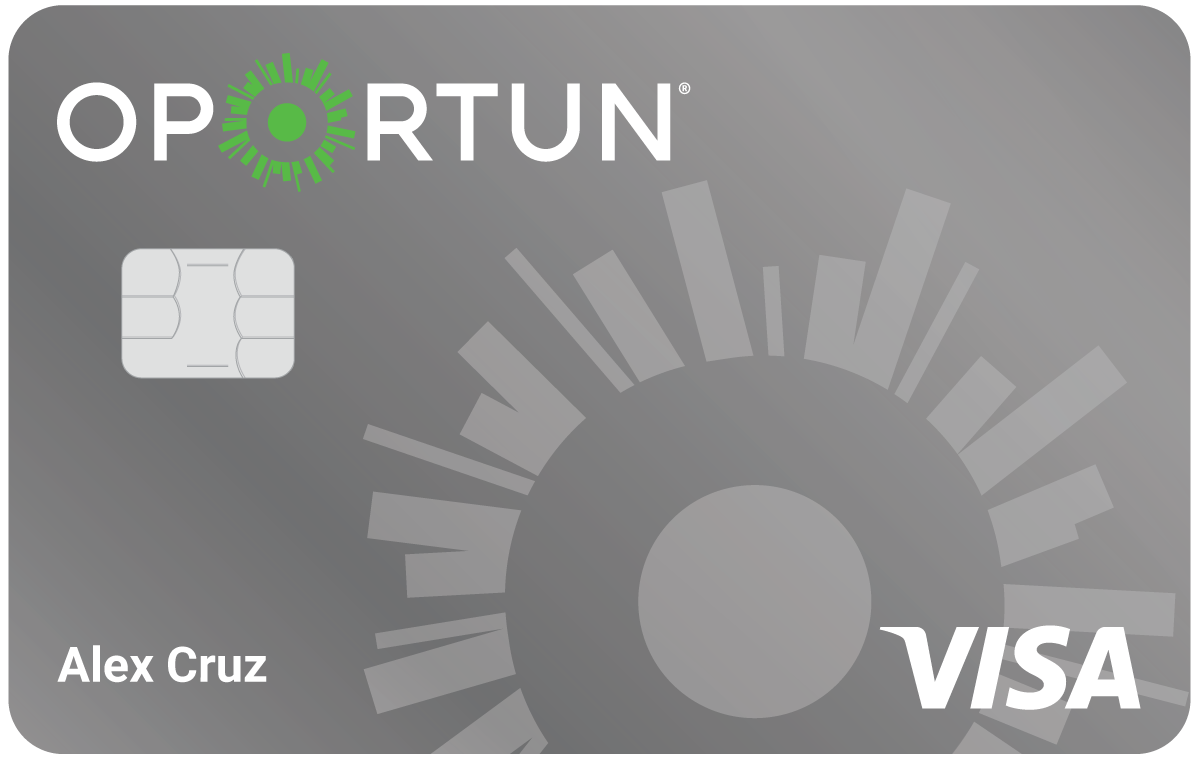How to apply for Sallie Mae Student Loans
Discover how to apply for Sallie Mae, a lender that caters to part-time students and provides flexible repayment options.

Private student loans are available through Sallie Mae, a well-known consumer bank, to meet the financial needs of students pursuing undergraduate, graduate, and professional degrees.
Sallie Mae, originally established as a government-sponsored company managing student loans in 1972, transitioned to private ownership in 2004 and expanded its offerings to include a range of student loan packages.
In addition to student loans, Sallie Mae Bank also provides savings products and resources to assist families in budgeting for college, such as a credit card that offers extra cash back to aid in student loan repayment.
Today, Sallie Mae offers various loan options to support students in covering the costs of undergraduate, graduate, and specialized degrees.
These loans are available to part-time students, individuals pursuing continuing education, and those seeking professional qualifications.
Choose from the following categories of student loans:
- Undergraduate
- Graduate studies
- Career development
- MBA
- Medical college
- Medical fellowship
- Dental college
- Dental training
- Health professions graduates
- Law degree
- Bar study
The Smart Option loan for undergraduate students from Sallie Mae offers fixed rates ranging from 4.50% to 14.83% and variable rates ranging from 4.62% to 14.96%, depending on the borrower’s creditworthiness. Loan rates for graduate students may vary.
Sallie Mae also offers loans for job training, with fixed rates ranging from 4.12% to 11.52% or variable rates ranging from 6.62% to 13.83%. Borrowers who enroll in autopay to make monthly loan payments receive a 0.25 percentage point discount on these rates.
Unlike some lenders, Sallie Mae does not charge origination or application fees. However, borrowers may incur a returned check fee of up to $20 and late penalties equivalent to 5% of the past due amount.
Read on to learn about the application process for Sallie Mae student loans.
Who is eligible for Sallie Mae student loans?
In order to be eligible for a Sallie Mae student loan, individuals must meet the following requirements:
- Be of legal age to contract (18 in most states)
- Be a U.S. citizen or legal resident, or have a U.S. citizen cosigner (DACA students or international residents may apply with a cosigner)
- Have a sufficient income, or have a cosigner with a sufficient income
- Pass the credit check
Sallie Mae does not offer loan pre-qualification. To determine eligibility and receive a loan rate, applicants must complete a full loan application, which includes a hard credit inquiry.
How to apply for a Sallie Mae student loan
When applying for a Sallie Mae student loan, you will need to provide various details about yourself, including your name, address, and financial information. Additionally, you will be asked to provide information about your school and enrollment status. The following information is typically required:
- Contact information (phone number and address)
- Social Security number
- Details about your institution (enrollment status, course of study, and degree)
- Loan amount
- Financial information
- Citizenship information
- Employment information
After submitting a fully completed application form, you will undergo an approval process, which typically takes less than 10 minutes.
Once approved, you will need to select the APR type and repayment plan for your loan. It is essential to carefully read and understand the loan’s terms and conditions before signing any documents.
After reviewing and comprehending the loan disclosure agreement, you must accept and sign it. Sallie Mae will then verify your enrollment with your school to confirm your eligibility.
If you are certified and the right-to-cancel period has expired, Sallie Mae will disburse your student loan. To learn more about the right-to-cancel period, it is recommended to contact the lender directly.
Sallie Mae student loans vs. Advantage Education Loan
While Advantage Education Loan is a highly regarded lender, not everyone may qualify for it. Sallie Mae, on the other hand, allows even part-time students to apply for student loans.
Benefits of Sallie Mae student loans
- Loans available for frequently overlooked groups
- Discharge of debt in the event of death or disability
- Possibility of cosigner release
Benefits of Advantage Education Loan
- 24-month suspension option
- No additional charges
- Soft credit check during loan pre-qualification
How to apply for Advantage Education Loan
If you are interested in applying for Advantage Education Loan, please refer to our article on how to apply.




